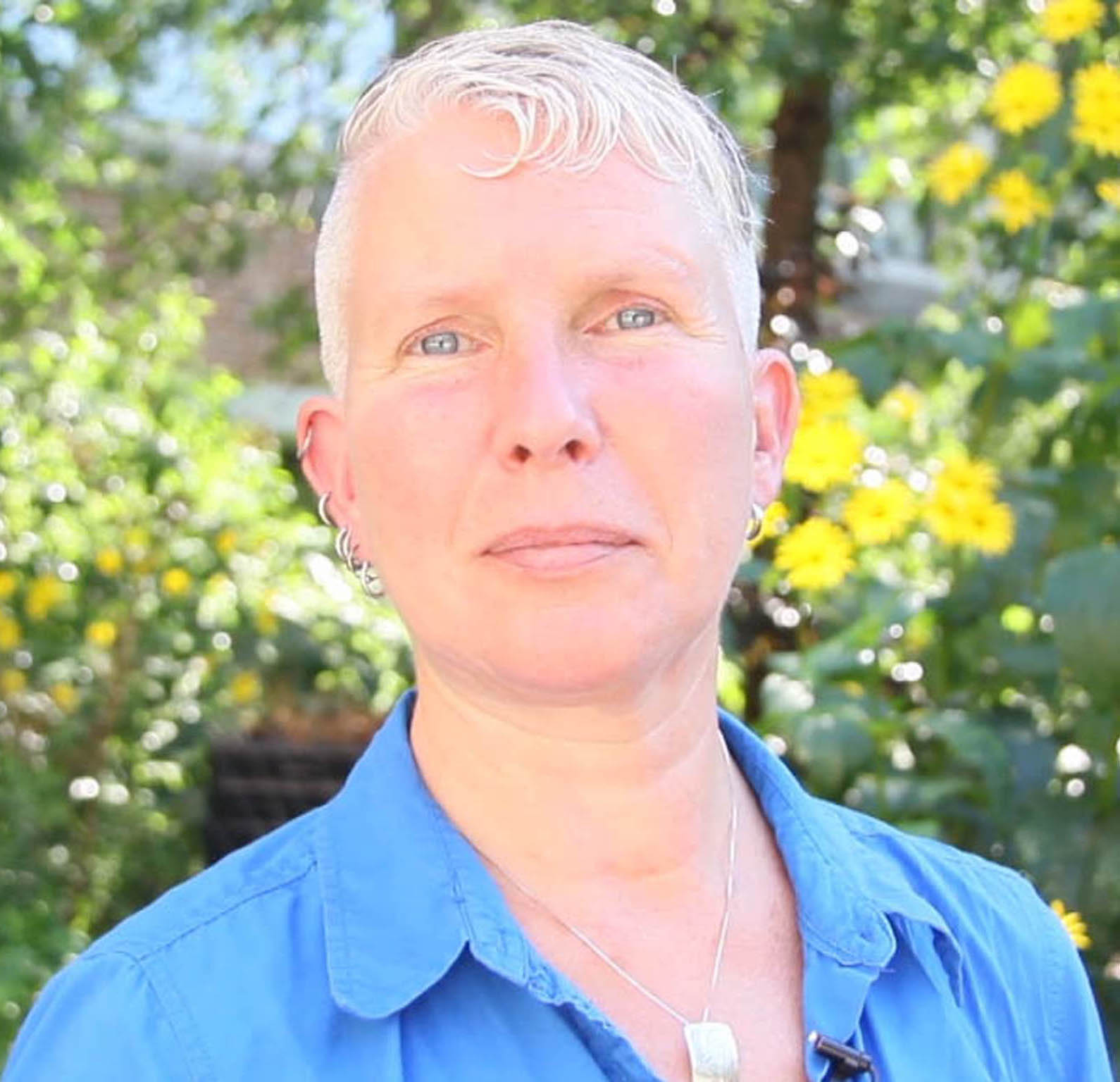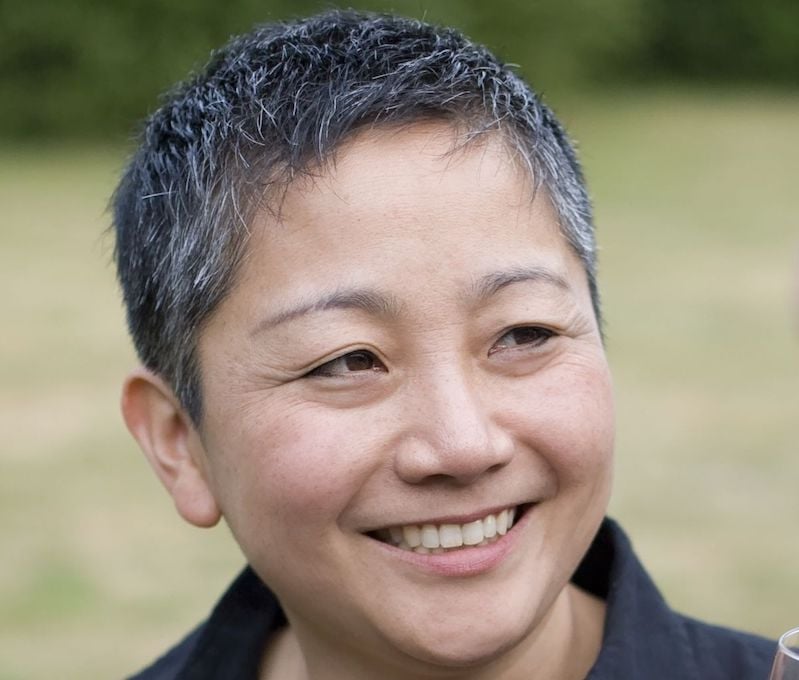The other day, my sister reminded me that biophilia is real.
We were talking about the almost parental feelings that people have for the place they call home — the trees, the plants, the animals, the earth itself.
Naturalist Edward O. Wilson popularized the term biophilia in his book of the same title. Wilson defined it as “the urge to affiliate with other forms of life.”
The ideas resurfaced when I read the new anthology Rising Tides: Reflections for Climate Changing Times (Caitlin Press). Rising Tides is a collection of the work of 45 different writers. Some are activists, some scientists. Others are poets. But despite the diversity of essays, prose and poetry on offer, all of the work shares a profound connection to place.
An affiliation, as Wilson would have it.
When viewed through a biophilic lens, the laundry list of climate catastrophes contained in Rising Tides — melting sea ice to dying cedar trees — opens up a world of grief.
But editor Catriona Sandilands says the book aims to offer something other than anger and despair.
“People spent a lot of time being very angry, me included,” she says. “But I wanted the collection to be a place where other ideas and experiences could come in. Write something different, other than just yelling at [Prime Minister] Justin Trudeau.”
Rising Tides was born out of a 2018 workshop on Galiano Island, supported by the Pierre Elliott Trudeau Foundation. All but two of the participants contributed to the anthology.
“Some were quite short,” Sandilands laughs, so she asked other writers to fill the gaps and determine “which kinds of pieces that needed to be there.”
The Vancouver book launch will be Sunday, Jan. 26 at 2 p.m. at VanDusen Botanical Garden. Other events and talks will be taking place around the Lower Mainland. On Jan. 31, the book will be part of Victoria’s Planet Earth Poetry series. Other readings are scheduled for Powell River and Bellingham, before events in Atlantic Canada later in the spring.
Sandilands, who teaches environmental studies at York University in Toronto, shuttles back and forth between Ontario and B.C., although she recently purchased a home on Galiano Island. During the process of editing and trying to balance darkness and light in the anthology, she focused in the potential audience.
“I kept my undergraduate students in mind, although the ideal public are the people who ride BC Ferries and pick up the book,” she says.
This leads to a question about how different generations view climate change.
“My students get very overwhelmed very quickly, withdrawing their attention and their interest,” she says. “They often take to ready-made managerial solutions.” Sandilands admits she was surprised to find that her students often preferred the darkest stories about climate change, although she admits that this was a small sample group.

Still, there is something there.
Younger folk raised on a steady diet of apocalyptic fiction (books, movies, and video games) have a different approach to a changing world than their parents. Whether this attraction to dystopic visions is a way of managing emotional entanglements or a strange form of preparation for a darker future, a number of the book’s essays deal with the planetary hand-off between generations.
In the case of activist Tzeporah Berman, fear of an uncertain future was sparked by her family’s experience on Cortes Island. When she and her teenage sons visited a beach on Cortes one afternoon, they noticed the once-abundant purple and orange starfish had vanished, leaving behind only bare rock.
“I can’t stop thinking about how hard it is for this generation to manage the daily changes, the litany of disasters, the constant warnings. More than anything, I feel their cognitive dissonance: they live in a visibly warming world, but for the most part the adults around them continue on as though nothing has changed.”
The disconnect between the spectre of the Earth on fire and the business-as-usual model of extractive industries is enough to make your head explode. It’s hard enough living in the midst of this incomprehensible schism without trying to explain to young people how it got to be this way.
For older people, the home they remember is disappearing. Plants, animals and insects are winking out and withering away, whether it’s cedar trees, bull kelp, salal or twisted oak moss. This sense of terrible loss twines its way throughout the different parts of Rising Tides, emerging in Hiromi Goto’s poem This is the Way, Lois Beardslee’s Grow Pumpkins on My Grave and Ann Eriksson’s Ocean.
Although there’s a goodly portion of despair, there are also flashes of hope, flinty humour, and a bedrock resolve to keep on fighting. The collection lends itself to dipping in and out, reading one or two selections at time, rather than barrelling straight through.
Divided into different sections such as What We Have Lost, What We May Understand and finally, What We Imagine, the structure actively encourages introspection. The personal tone creates a sense of ongoing conversation, not only between parents and children, but also between humans and other living creatures. (If we humans are suffering from the breakdown of ecological systems, our pain probably isn’t a patch on that of starfish, slowly dissolving into goo as the oceans acidify.)
Arthur Conan Doyle once wrote that if humans ever really opened themselves up to the suffering of the natural world, it could bring change on massive scale.
“At the moment our human world is based on the suffering and destruction of millions of non-humans. To perceive this and to do something to change it in personal and public ways is to undergo a change of perception akin to a religious conversion. Nothing can ever be seen in quite the same way again because once you have admitted the terror and pain of other species you will, unless you resist conversion, be always aware of the endless permutations of suffering that support our society.”
This recognition of fellow beings and our shared concerns flows throughout Rising Tides, tugging gently but insistently at your leg, asking for acknowledgment. It reminded me of the many videos posted online after the wildfires in Australia, when a billion animals died. Suddenly, the internet was swarmed with images of koalas and kangaroos seeking human help.
The idea of kinship, the connective ties that exist between species, offers a path forward. It also informs some of the book’s most emotionally impactful work, such as Elysia French’s essay Absence, where a child’s-eye view of life and death takes place one sunny summer afternoon with the demise of a single bumblebee.
Sara Barron’s Such Good Friends takes its title from a line in Hayao Miyazaki’s film My Neighbour Totoro that explores the declining relationship between people and trees. Barron, struggling to explain climate change to her young son, writes: “This is the message I want to share with my children. We have lost our connection, and continue to make mistakes, but there is still opportunity to once again be good friends with trees. If we can be friends, I hold out hope that we will find a way to face the new, difficult future together.”
The pull of empathy is a powerful thing, and it takes constant pressure to make humans deny this part of their nature. Poetry turns out to be one of the most efficient methods of drilling down, distilling global concepts into something not only understood, but also deeply felt. You need only read Rita Wong and Emily McGiffin’s poem Keeping Watch at Kwekwecnewtxw for a gentle reminder.
Humans tend to shy away from the idea of wholesale change. As W.H. Auden wrote in The Age of Anxiety, “We would rather be ruined than changed.”
The world can change dramatically in a brief span of time. Sometimes all it takes is single poem. ![]()
Read more: Environment
















Tyee Commenting Guidelines
Comments that violate guidelines risk being deleted, and violations may result in a temporary or permanent user ban. Maintain the spirit of good conversation to stay in the discussion.
*Please note The Tyee is not a forum for spreading misinformation about COVID-19, denying its existence or minimizing its risk to public health.
Do:
Do not: